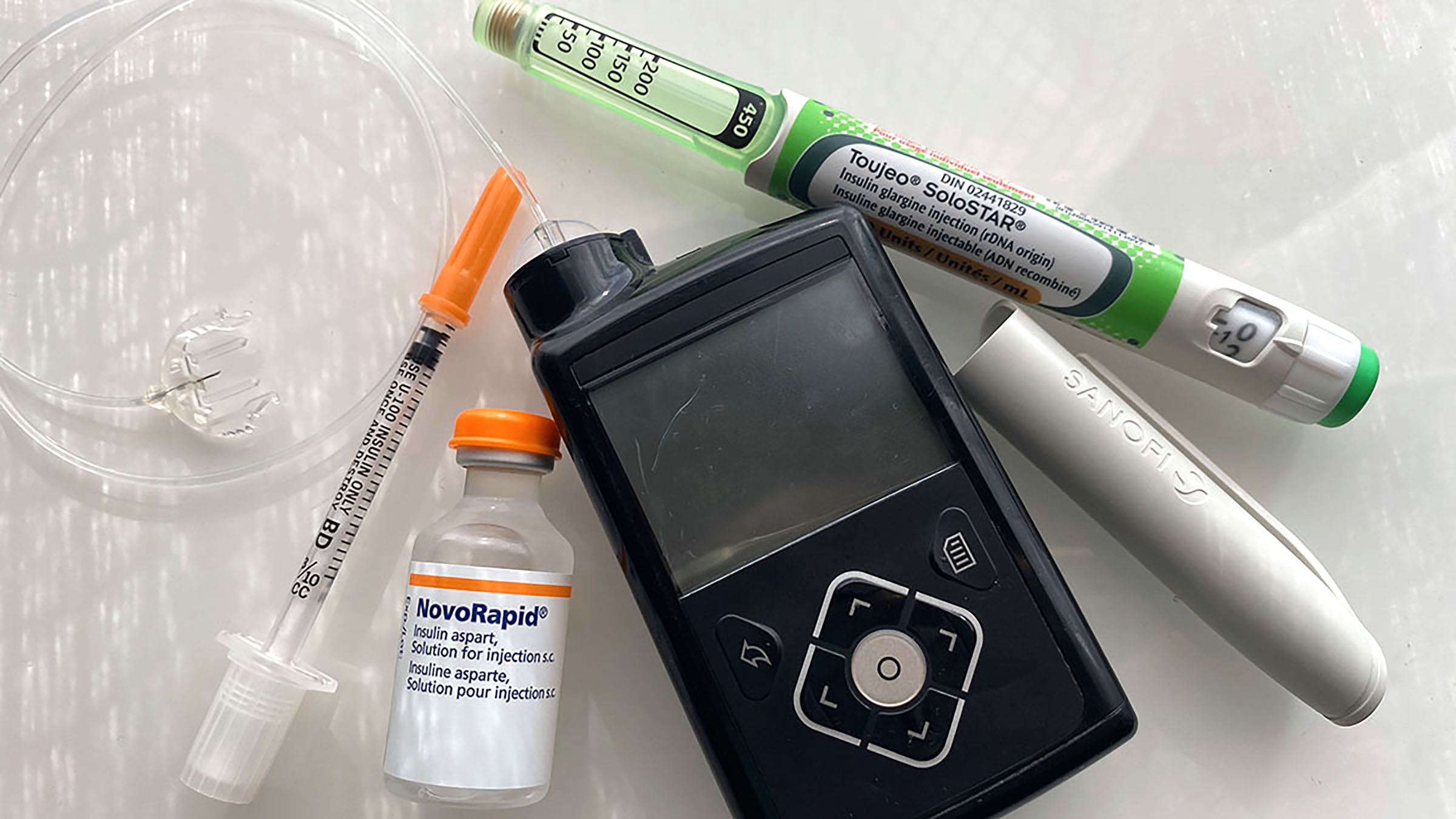WELLINGTON COUNTY – Every year, Nov. 14 is recognized internationally as World Diabetes Day (WDD).
“World Diabetes Day serves as a call to action, a reminder that diabetes is a pressing health issue affecting millions of lives worldwide,” said Waterloo Wellington Diabetes clinical resource and project lead Trina Fitter.
WDD was introduced in 1991 by the International Diabetes Federation and World Health Organization as a way to stir worldwide awareness about the disease.
The day is marked on Nov. 14 because it is the birthday of Dr. Frederick G. Banting, who co-discovered insulin alongside Charles Best in 1921.
WDD is the world’s largest diabetes awareness campaign, reaching a global audience of over one billion people in more than 160 countries, according to worlddiabetesday.org.
It is represented by a blue circle that was adopted in 2007 after the passage of UN Resolution 61/225 on diabetes.
The blue circle is the global symbol for diabetes awareness; it signifies the unity of the global diabetes community in response to the diabetes epidemic.
Diabetes advocates
Mackenzie Collins is a 13-year-old from Cambridge who has been living with type one diabetes since the age of 8.
She is now a youth ambassador with the Juvenile Diabetes Research Foundation (JDRF) and said they provide her with opportunities to share her diabetes story to help raise awareness at events, such as the Walk to Cure Diabetes.
Mackenzie and her mom Colleen Collins told the Advertiser that every other year, JDRF holds an event in November called Kids for a Cure.
The event often runs on WDD and will run again in 2024.
“A group of kids [from all over Canada] go to Parliament to meet with MP members and talk about [diabetes] and funding,” said Mackenzie.
“It’s really about putting a face to the cause and really highlighting the day-to-day impacts of diabetes,” Colleen said.
“I think [WDD] is important so people know what diabetes is and that there’s still a lot of research that can be done,” added Mackenzie.
“But it’s also to raise awareness about the disease itself and how you can help and support people living with type one diabetes.”
Colleen added that part of WDD is also to protect others so they know what to watch out for when it comes to symptoms.
Common symptoms are extreme thirst, frequent urination, weight loss, irritability and fatigue to name a few.

JDRF Ambassador Mackenzie Collins was diagnosed with type one diabetes at the age of 8. She is now 13 years old, and works with JDRF to share the importance of the disease. Here she is canoeing at an ‘I Challenge Diabetes’ event. Submitted photo
Diabetes facts
– Diabetes currently affects one in 10 people worldwide.
– Nearly six million Canadians have diagnosed diabetes. Another six million Canadians have “prediabetes” indicating a heightened risk of developing type 2 diabetes.
– 11.7 million Canadians, or 1 of every 3 people living in the country, are affected by diabetes according to Diabetes Canada.
– Further health complications with diabetes can include: heart disease, chronic kidney disease (CKD), nerve damage and other issues with feet, oral health, vision, hearing and mental health.
– Depression is estimated to affect one in four people with diabetes (type one and two). Adolescents with type one have a five times higher rate of depression than adolescents who do not have type one diabetes (JDRF.org).
Helpful resources
Waterloo Wellington Diabetes is one local resource to contact if you are in need of diabetes education or care.
“We offer educational resources and ensure those who live with the disease can access support through regional diabetes education programs,” said Fitter.
The Waterloo Wellington Diabetes self-referral form is a region wide form which allows patients living with diabetes refer themselves to diabetes education.
The referral can be completed over the phone by calling the office at 519-947-1000 ext. 372 or by paper and faxing to 1-855-342-2387. It can also be completed online.
These options can be found at waterloowellingtondiabetes.ca.
“Another service we offer is the Waterloo Wellington Self-Management Program that offers free evidence based virtual and in-person workshops for people living with chronic diseases on a variety of topics,” Fitter said.
The calendar of upcoming workshops at the Waterloo Wellington Self-Management Program can be found here: wwselfmanagement.ca.
“As a part of the global community, we will continue to fight this epidemic to ensure a healthier future for all.”




